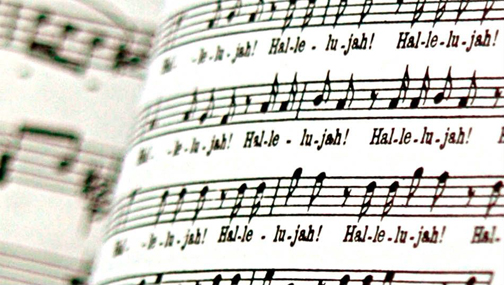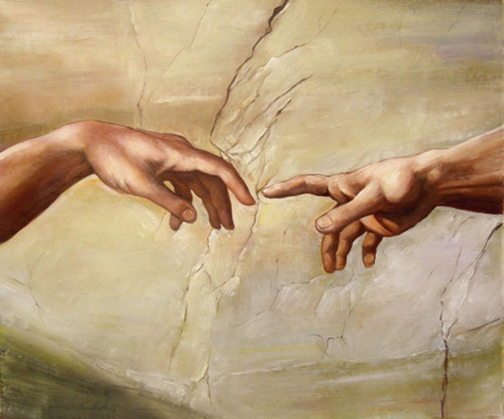![[Graphic of Jerusalem]](https://www.rpcerie.org/images/by_no_means_least.jpg)
| “But you, Bethlehem, in the land of Judah, are by no means least among the rulers of Judah; for out of you will come a ruler who will be the shepherd of my people Israel.” |
| —Micah 5:2 and Matthew 2:6 |
People in the days of Jesus would not have named Bethlehem a “destination city.” It lay small and insignificant, a few miles from Jerusalem, which served as the towering, celebrated city among all of Israel. Yet, God chose this little town for the greatest miracle in history.
You might also say, “Mary, you are by no means least among the young women of Israel,” although, at the time, everyone would have considered her pretty commonplace and poor. Yet, God chose this humble virgin as the mother for His Son, Jesus, and honored her above all women.
And, to the shepherds, we could say, “Herdsmen, you are by no means least among the men of Israel,” even though everyone at that time would have looked at them: smelly, uneducated, poor, and hardly capable of the call to spread abroad the news of the Savior’s birth. Yet the angels announced the greatest news in history to them and urged them to spread the news.
So many times in Scripture, God rebukes those who would overlook those considered “least.” Sometimes, we see ourselves in this light, and God rebukes our faulty thinking. He has chosen us to carry His Holy Spirit within us, elevating us far beyond the station to which our corrupt culture might elevate us. And, more often, we pick and choose among the people we meet, or merely see, and purposely overlook those who seem plain, common, or poor.
We should take time during this busy season, to see those around us in a different light. We should wonder if God has chosen them for something special. We should invite them into conversations and we should urge them to occupy honored places. Remember what Jesus said, recorded in Luke 9:48:
“For he who is least among you all—he is the greatest.”
Let us allow the lowly shepherds, the humble Mary, and the little town of Bethlehem to remind us that God often chooses those people, places, and things we tend to overlook. We must allow God to show us His power to elevate and use whomever and whatever He wishes to use for His glory. Amen!


![[Photo of a snow-covered rose]](https://www.rpcerie.org/images/snow-covered_rose.jpg)





![[Photo of a woman tasting a spoonful of soup]](https://www.rpcerie.org/images/soup_tasting.jpg)

![[Graphic drawing of Noah overseeing the loading of the Ark]](https://www.rpcerie.org/images/Noah_loading_the_Ark.jpg)

![[Photo of the road to Pikes Peak]](https://www.rpcerie.org/images/road_to_pikes_peak.jpg)
![[Drawing of Ruth gleaning in Boaz' fields]](https://www.rpcerie.org/images/Ruth.jpg)

![[Photo of cows beside a swimming pool]](https://www.rpcerie.org/images/cows_by_pool.jpg)

![[Photo of children playing the Game of Telephone]](https://www.rpcerie.org/images/game_of_telephone.jpg)
![[Photo of a boy in braces]](https://www.rpcerie.org/images/boy_in_braces.jpg)
![[Photo of two smiling girls]](https://www.rpcerie.org/images/two_smiling_girls.jpg)




![[Photo of a woman despair]](https://www.rpcerie.org/images/woman_in_despair.jpg)
![[Photo of a young girl sticking out her tongue]](https://www.rpcerie.org/images/girl_sticks_out_tongue.jpg)
